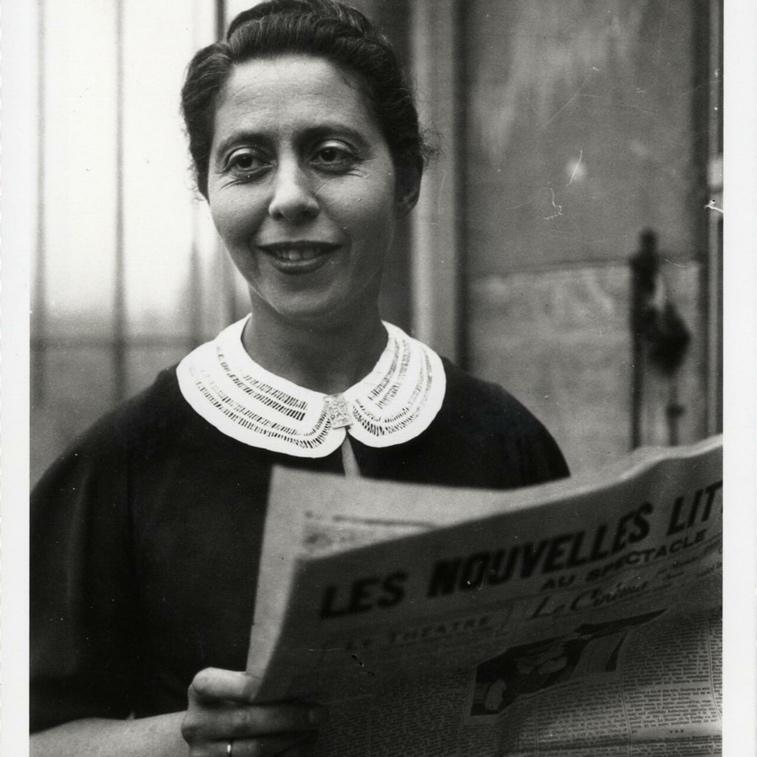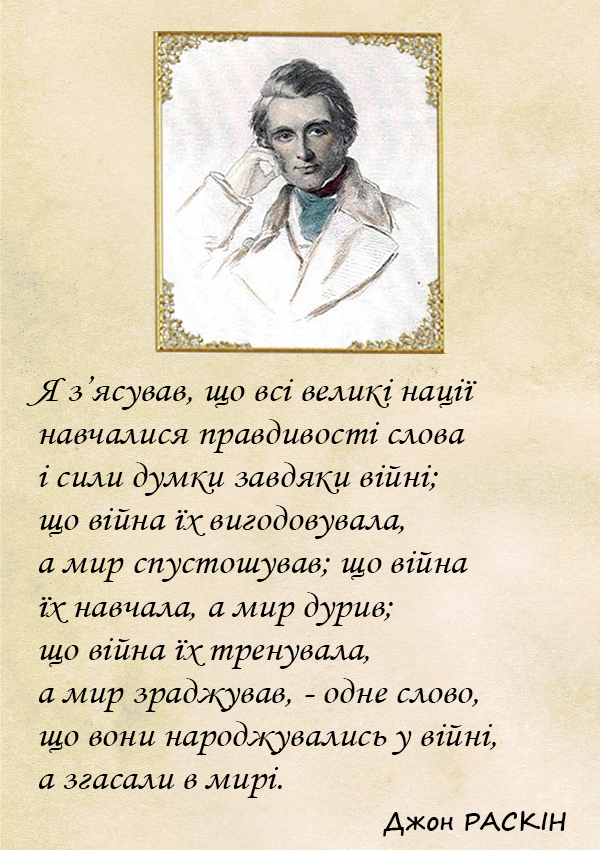
(biographical feature)
Irène was born in Kyiv in 1903. A daughter of Léon Némirovsky, one of the richest bankers of Russian Empire, and Faїga “Fanny” Némirovsky, a socialite, led a life of luxury, but not happiness. Irène’s father was always busy with work, while her mother despised the girl for being a constant reminder of Fanny’s fading youth. So, Irène spent her childhood years with her governess, reading books and developing her own writing skills.
And then — the October Revolution broke out in 1917. Fleeing the Bolsheviks, Némirovsky family lost almost all of their fortunes. They escaped to Finland, then moved to Sweden and finally in 1919 settled in Paris, where Léon took over as a director of a branch of his bank, so later he rebuilt and restructured his assets. The Némirovskys’ life turned back to normal. Irène, a chic young lady, quickly joined a local social elite and was enjoying luxury parties, wealthy friends and all the entertainments “the Roaring 20s” could offer. She also graduated from Sorbonne, where she sharpened her skills in literature and later began sending her stories to magazines. In 1926 Irène married Michel Epstein, a banker of Russian-Jewish origin. The couple had two daughters: Denise in 1929 and Élisabeth in 1937. Throughout the 1920s and 1930s Irène was building her family life and her career. She published around 14 stories and novels which gained her fame, authority and admiration in the whole Europe. Life has never been better.
Until 1939…In the calm period before the world storm, Epstein family applied for French citizenship, however were denied. Never sharing Judaism, they also officially turned to Roman Catholicism through baptism. When Nazi Germany invaded Poland, the world understood that the fears and nightmares of another war were inevitable. Irène sent her daughters from Paris to a small village in the central France and later in 1940, when Nazis occupied Paris, joined them with Michel. Soon the village was also occupied. Irène, Michel and their children were obligated to wear “Jewish stars” on their clothes. Because of restrictions applied on Jews, the Epsteins could no longer work. Luckily, their old friends, publishers and bankers, helped them through 1940 and 1941. However, as Irène numerously wrote in her diary, she expected the tragedy.
On 13 July, 1942, Irène Némirovsky was arrested and deported to a concentration camp at Pithiviers. By 17 July she was in Auschwitz. Her husband, Michel Epstein, was devastated but desperately fought to bring her back. He used all the existent connections, friends and enemies, to prove Irène’s innocence. In his letters he gave the evidence of their shared hatred to the Bolsheviks and the aversion to Jewish culture. But it was all in vain. Irène died in a camp from typhus on 17 August 1942. In November Michel was arrested, deported and immediately executed in a gas chamber in Auschwitz. Denise and Élisabeth were also in danger. Girls were persecuted by police but saved by their governess.
Before escaping, Denise happened to pack Irène’s notebook. She remembered how passionately and dedicatedly mother spent war days over writing. Almost 60 years Denise kept this notebook without reading it: she thought it was Irène’s diary which would be too painful to read. The sisters decided to donate it to an organization dedicated to documenting memories of the war. But before they typed it out, instead of a simple diary, they discovered a manuscript of an uncompleted novel about the exodus from Paris, occupied France and forbidden love. In 2006 Denise Epstein sent the manuscript to the publisher. Unfortunately, Élisabeth did not see neither text, nor its publication — she died in 1996. And the manuscript became one of the greatest works of literary fiction about the Second World War — “Suite Française.”


























































Залишити відповідь